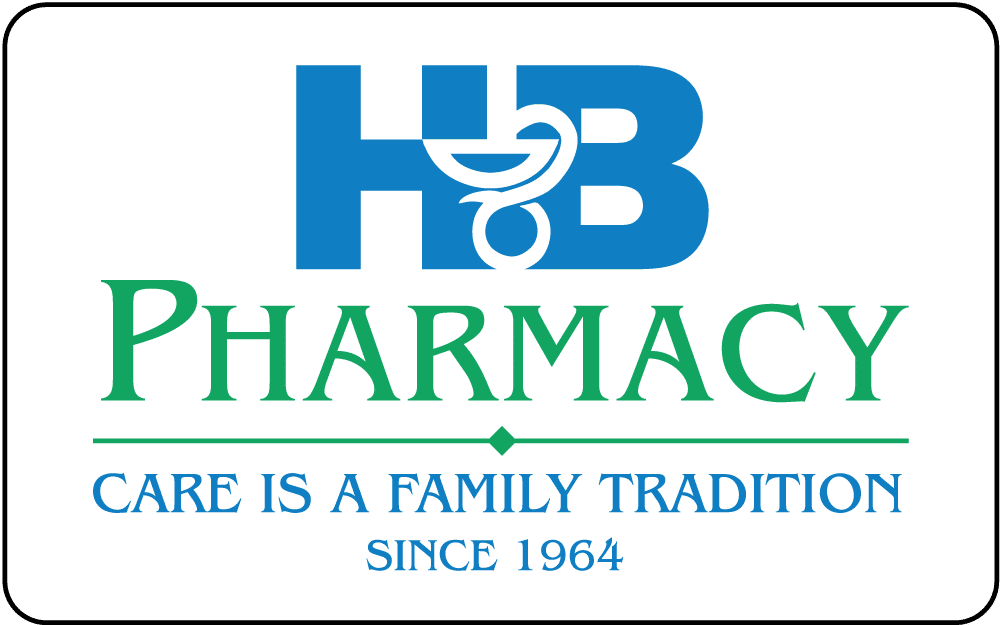Understanding Weight Loss Drugs
Weight loss drugs can serve as a helpful aid for those dealing with obesity and related health conditions. These medications are often prescribed when traditional methods like diet and exercise have not yielded significant results. They function by curbing appetite, enhancing feelings of fullness, or decreasing fat absorption. For many people, weight loss drugs can provide the necessary push to start losing weight and improving overall health.
Recognizing the Limitations
Despite their benefits, weight loss drugs are not a cure-all. Their effectiveness relies heavily on being combined with a balanced diet and regular exercise. Additionally, these medications may have side effects such as nausea, constipation, or an elevated heart rate. It’s crucial to consult with a healthcare professional to understand the potential risks and determine if these drugs are appropriate for you.
The Importance of Lifestyle Changes
Achieving lasting weight loss usually requires more than just medication; it involves making sustainable lifestyle changes. This includes adopting healthy eating patterns, incorporating consistent physical activity, and addressing any emotional factors that influence eating behaviors. While weight loss drugs can provide an initial boost, maintaining weight loss depends on long-term commitment to healthier habits. Building a support network and setting attainable goals can further aid in achieving lasting success.
Promoting Body Positivity
Embracing body positivity and self-love is essential, regardless of your weight loss journey. Weight loss should not define your self-worth. Prioritizing overall health and well-being, along with self-acceptance, can lead to a more balanced and fulfilling life. Weight loss drugs are just one tool in your health and wellness toolkit. Focus on loving your body and taking a holistic approach to self-care.

